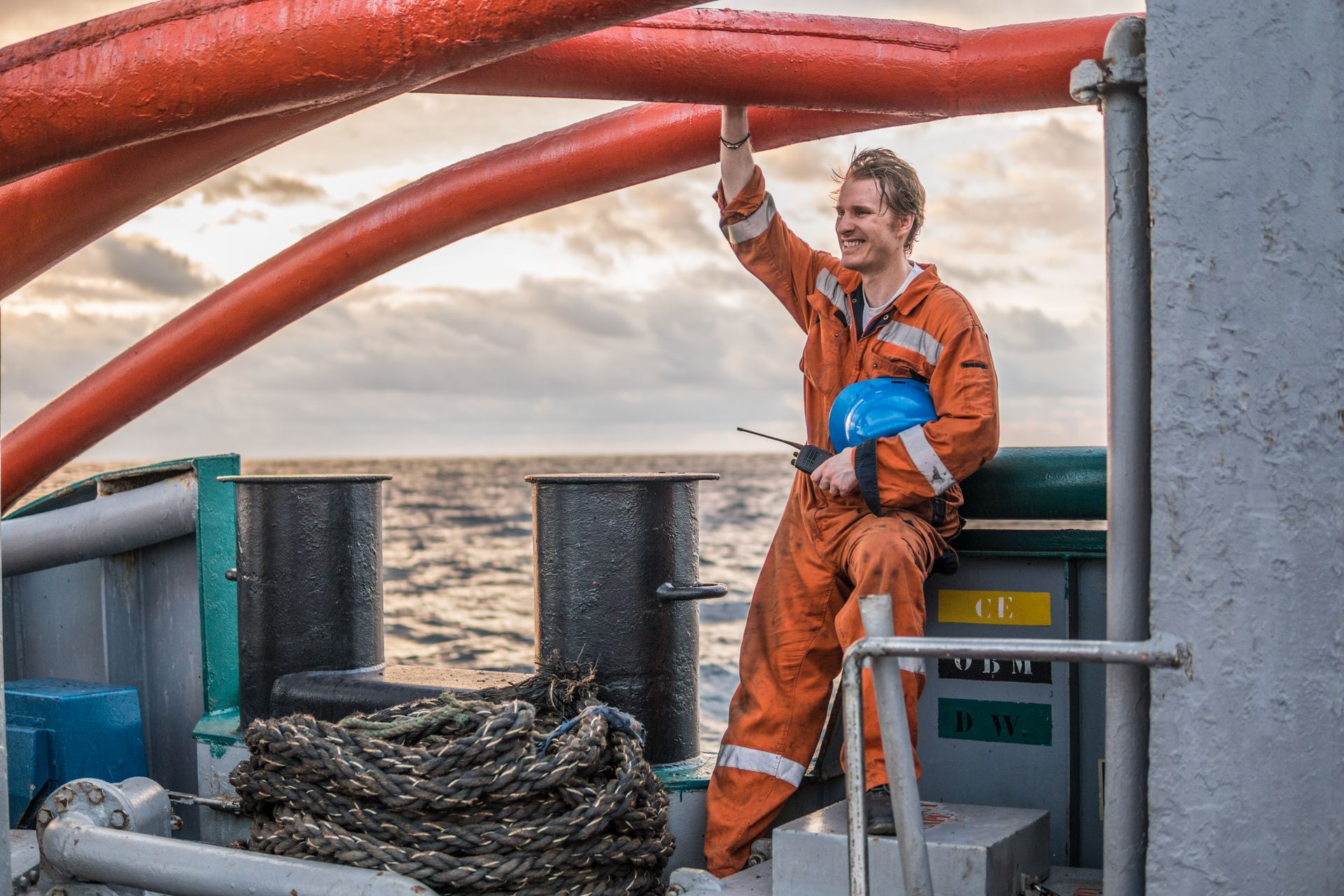MTCare Program
Crew Wellbeing
MTCare Program includes all of the elements below and clearly outline the benefits of the wellness program for both employees and the company as a whole.
- Conducting general satisfaction, mental, pysical, social and harrassment/bullying pulse surveys periodically to measure the conditions of the crew and warn company accordingly.
- Providing access to mental health resources, such as; webinars, classroom trainings and counseling services to help manage the stress and isolation of being at sea.
- Offering healthy food options and nutrition education to help maintain a healthy diet while onboard.
- Providing onboard exercise programs to help maintain physical health and prevent injuries.
- Wellness challenges, such as a daily step challenge or healthy eating challenge.
- Providing training and education on fatigue management to help prevent accidents and injuries due to tiredness.
- Implementing safety protocols and procedures to prevent accidents and injuries at sea.
- Meditation and mindfulness classes.
- Financial and social wellness training.
- Offering training and education on drug and alcohol abuse prevention to help prevent substance abuse issues among seafarers.

Working on a ship can be a challenging and demanding. Seafarers face long periods away from home,isolation, and the risk of accidents. These factors can have significant impact on their physical and mental wellbeing.A crew wellbeing program can help address these challenges and support the health and wellbeing of seafarers.
Here are some reasons why a crew wellbeing program is important:
Here are some reasons why a crew wellbeing program is important:
Promotes Good Health
A crew wellbeing program can provide access to healthcare services and encourage healthy behaviors such as exercise and healthy eating. This can help seafarers maintain good health and reduce the risk
of illness.
of illness.
Addresses Mental Health
Seafarers can experience stress and anxiety due to the demands of their job. A crew wellbeing program can provide access to mental health services and support, such as counseling or stress
management techniques.
management techniques.
Reduces Accidents
Fatigue and stress can increase the risk of accidents on board a ship. A crew wellbeing program can help address these factors and promote safe working practices.
Improves Morale
Seafarers who feel supported and valued are more likely to have a positive attitude towards their job. A crew wellbeing program can help improve morale and job satisfaction.
Supports Retention
High turnover rates can be costly for shipping companies. A crew wellbeing program can help support retention by providing a supportive and healthy work environment.

MTCare Program Considers These Four Steps in Order to Maintain Crew Wellbeing:

Identify
Identifying the needs and interests of the employees, by sending surveys to the crew
regularly, reviewing and reporting the received feedback and making suggestions to the
individuals and the company.
Maritime Trainer survey library:
regularly, reviewing and reporting the received feedback and making suggestions to the
individuals and the company.
Maritime Trainer survey library:
- Physical wellbeing
- Mental wellbeing
- Communication and relationship initiation
- Employee satisfaction survey

Offer
Offering a psychological assessment tool (Minnesota Multiphasic Personality Inventory MMPI), to recognize the symptoms of different mental health disorders.

Implement
Implementing different wellbeing programs and activities that align with the employees needs and interests.

Measure
Measuring the success of the program by regularly tracking personal survey results, company’s general wellness score and employee feedback..
OMMPI provides useful information to evaluate a person’s psychological state. However, in order to make a full diagnosis, just one assessment tool can not be enough and trusted. Several factors should be considered when making a diagnosis, including a face to face physical and psychological examination, a comprehensive medical history, and, if required, lab testing to detect and rule out the participants
with the evidence of substance use and/or other disorders that may generate symptoms of mental health issues.
with the evidence of substance use and/or other disorders that may generate symptoms of mental health issues.
Join Our Newsletter
Subscribe to get our monthly health and safety bulletin free.

Innovative digital learning technology and services provider.


We are Proud to be member of

Partnership
Become A Partner
Write your awesome label here.
